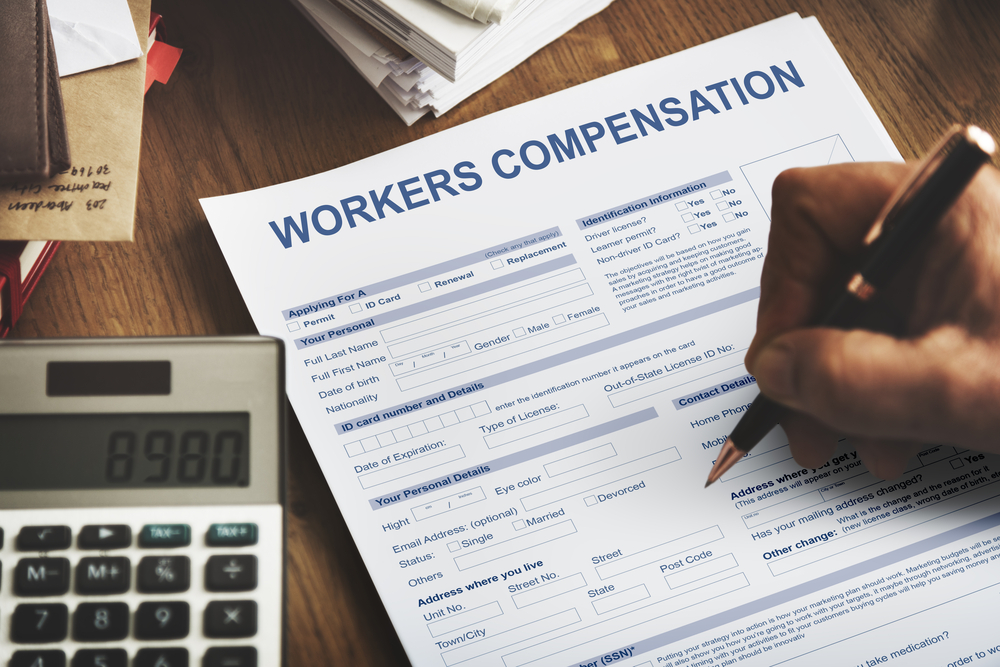LATEST IN THE LAW


FAQS on Workers’ Compensation for Injuries and Illnesses Related to the Job Pt 2
May 17, 2019 0 Comment Category: Medical LawAre all Workers Covered by It?
The simple answer is no, not exactly. Firstly, workers’ comp coverage is not mandatory among all employees, and lots of them inevitably skip it for one reason or another. The US state laws differ, but the responsibility of an employer to provide coverage typically depends on the nature of business of the employer, the number of workers it has, and what kind of work they are doing. Secondly, every state in the country excludes certain kinds of employers. While these exclusions differ from state to state, they often comprise domestic employees, farm workers, and casual or seasonal workers and can vary from industry to industry.
Can My Own Current Doctor Treat My Injury, and if Not, Will I be Able to Trust a Doctor My Employer Provides?
In workers’ compensation cases, states have various rules concerning who gets to select the treating doctor. In some states, an injured worker has the right to get treated by his or her personal doctor, while others require workers to request for this in formal writing, and well in advance of the injury itself. A lot of the time the injured employee simply visits a doctor or MPN (medical provider network) which his or her employer has designated for him.
The doctor’s report would also have an impact on the workers’ compensation benefits which you get. Remember that there might just be a conflict of interest among doctors paid by an employer or an insurance company. For example, that doctor-company relationship might just motivate some professionals to reduce the seriousness of a worker’s injury or classify the health condition as a preexisting one.
Depending on your state rules, it might be possible for you to the change treating doctor in your workers’ compensation case if you are not happy with the one who was provided by your employer.
Is it Possible to Sue My Own Employer over a Job-Related Injury?
Generally, this is not possible. As a general rule, you are limited to the benefits you get through workers’ compensation, which means you cannot sue for damages such as mental anguish or pain and suffering. However, you are allowed to sue the company that employs you in some states, albeit only in extremely limited circumstances, such as when your employer has deliberately hurt you or did not provide workers’ compensation insurance as required by the respective state’s law.


leave A comment